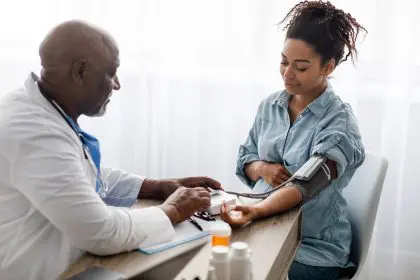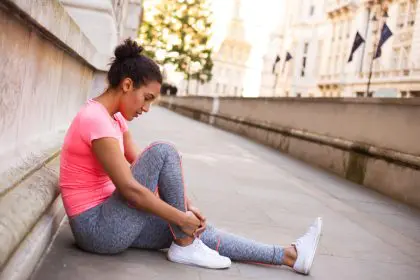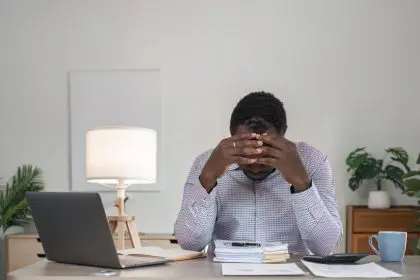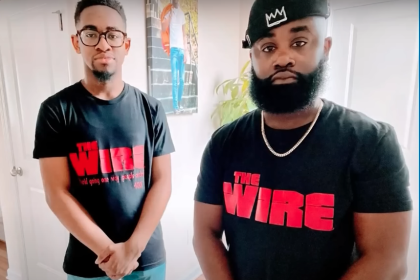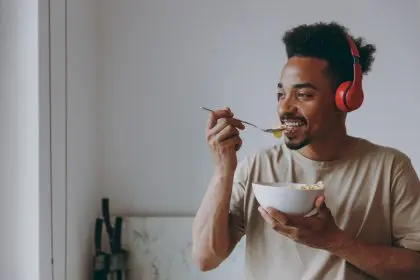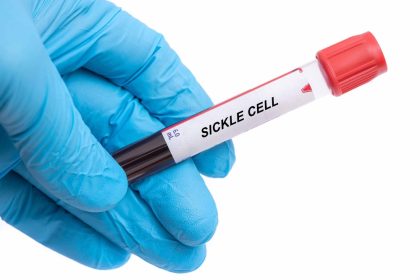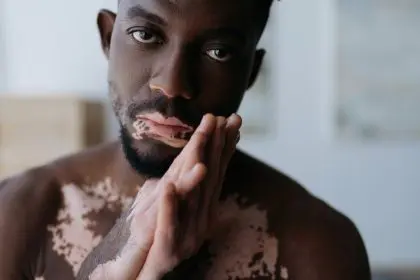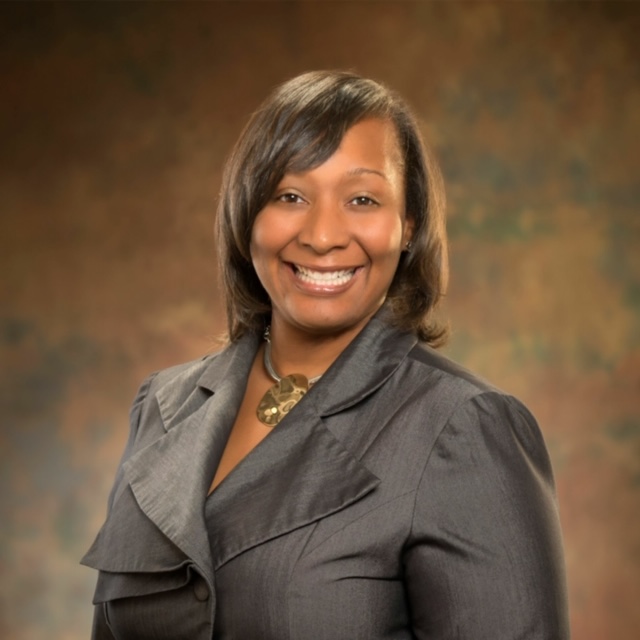
One thing the past two years have shown us is that life is not only short but precious. So, when given the opportunity to save a life, one should lend a helping hand but may not have the know-how. Dr. Katherine Brown has been helping raise awareness and educate communities across the country on how to do CPR for over 10 years. Through her company, Learn CPR LLC, Brown has gone from Chicago and as far as Israel to teach CPR to communities and help reduce the troubling statistic that minorities are 30 percent less likely to receive bystander CPR in their communities.
Brown, who now resides in Nashville, Tennessee, recently spoke with rolling out about how she continues to educate, advocate, and raise awareness while developing strategies and partnerships on CPR education and other life-saving initiatives.
Tell us about how you use your platform to educate communities on CPR.
I originally started on the South Side of Chicago. I opened up the first free-standing CPR company, and people were [wondering] why I was opening up a company in a ZIP code where people are least likely to receive CPR. My thought was that sometimes we need to advocate for people differently. I wanted to remove the barrier of transportation and other issues by opening up this company. I opened up the company, and I started a door-knocking campaign. … From there I started traveling nationally and internationally teaching CPR. I am a spokesperson for the American Heart Association; I do a lot of webinars for them. I answered the call for advocacy and acted because lives were being lost.
What was the inspiration behind educating our communities on CPR?
I started volunteering at the age of 16 because my mother, who I named the nonprofit after, The Roberta Baines Wheeler Pulmonary Hypertension Awareness Group, was a nurse and taught CPR. She was a trauma nurse and did all of these different things [for] over 40 years. So, I knew its importance, but the inspiration for me was the data. Every 90 seconds in the United States, someone dies from sudden cardiac arrest, and the reality is that women are least likely to receive bystander CPR. The research shows us that in African American and LatinX communities, we are least likely to have funding even to get CPR training.
How are you using your platform to continue raising awareness?
I think there isn’t enough funding available for smaller nonprofits. Many nonprofits are serving underserved communities, and they are working so hard. They are not getting the support they need from grant writers and other organizations to simplify the applications to get the funding to build their staff up. I have trained over 300,000 people for free in CPR because they couldn’t afford my services. No grant gave me the money. I did it because it was the right thing to do.

